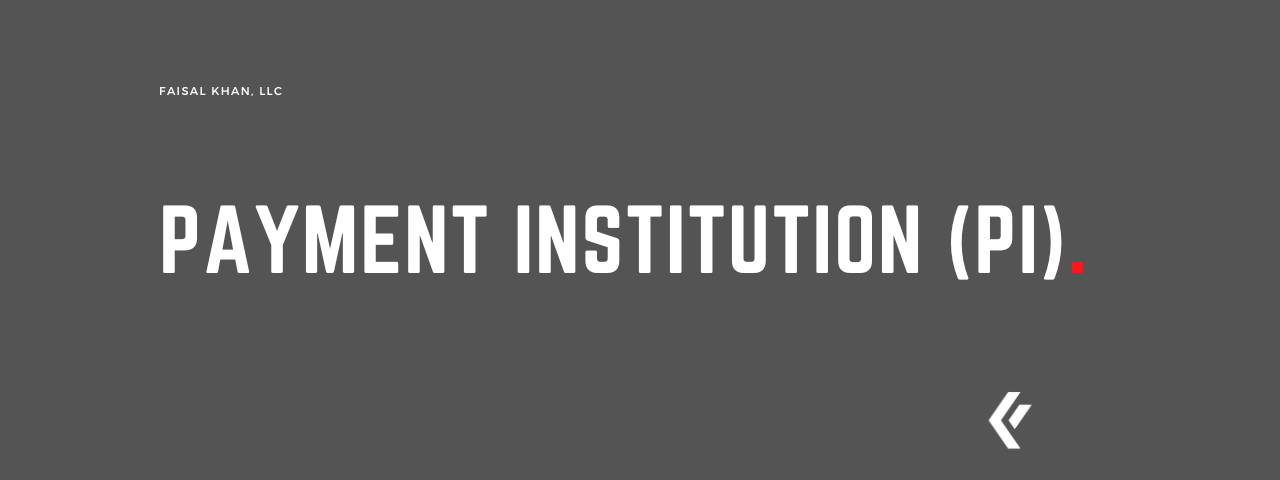What is a Payment Institution?
A payment institution (PI) is a type of financial institution that provides payment services in the European Union (EU) and the European Economic Area (EEA). Payment institutions are regulated at the EU or national level, and in the UK, payment institutions are regulated by the Financial Conduct Authority (FCA).
To be authorized as a payment institution, a company must apply for a license from the relevant regulatory authority, such as the FCA in the UK. The regulatory authority will review the company’s application and determine whether it meets the necessary requirements, such as having sufficient capital and implementing appropriate risk management systems.
Payment institutions are authorized to provide a variety of payment services, such as:
- the execution of payment transactions, including the acceptance and processing of payment orders
- the issuance and redemption of electronic money
- the execution of money remittance transactions
- currency exchange
For example, a payment institution might offer services such as accepting and processing credit card payments for merchants, issuing prepaid debit cards, or providing money transfer services. Payment institutions may also provide services to other financial institutions, such as processing transactions on behalf of banks or serving as intermediaries in payment systems.
Isn’t a Payment Institution the same as a Bank?
No, a payment institution is not a bank. Payment institutions are financial institutions that provide payment services, but they are not full-service banks. Payment institutions are typically focused on specific payment-related activities, such as the execution of payment transactions, the issuance of electronic money, or the provision of money transfer services.
Banks, on the other hand, offer a wider range of financial services, including accepting deposits, making loans, and offering investment products. Banks are typically regulated more strictly than payment institutions and may be subject to different requirements, such as having to maintain a higher level of capital.
In some cases, payment institutions may offer services that are similar to those offered by banks, such as accepting deposits or issuing debit cards. However, payment institutions are not typically authorized to engage in activities such as making loans or investing in securities.
PI License UK
PI License EU (European Union)
—
This page was last updated on June 1, 2023.
–

